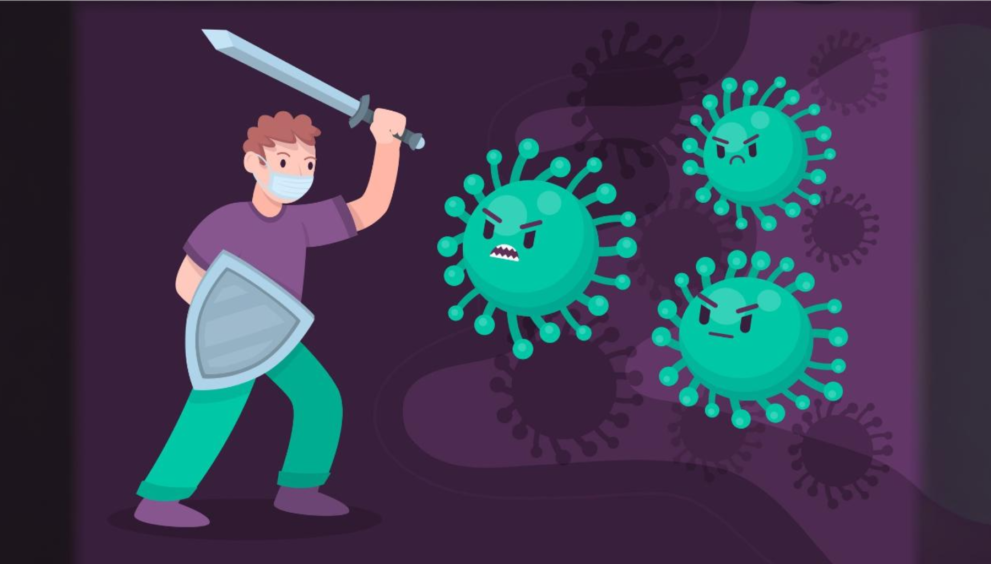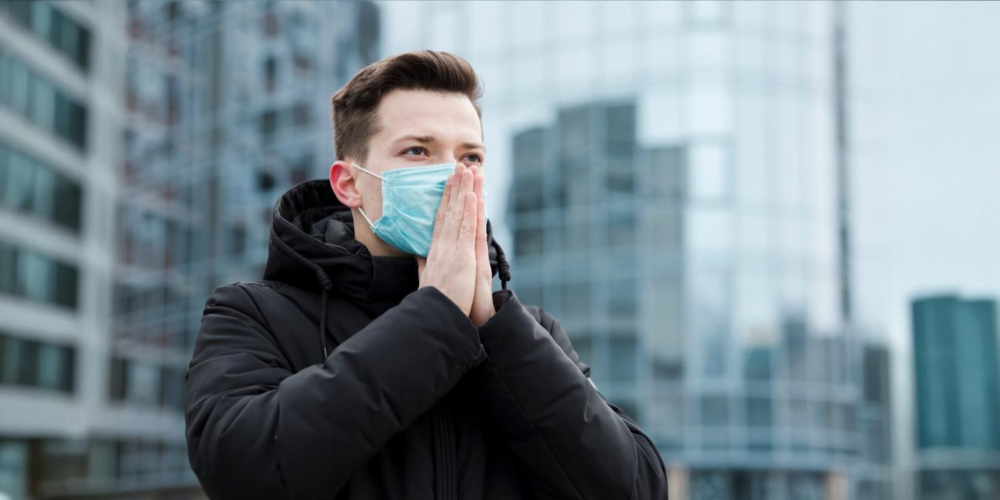Antimicrobial resistance as urgent as climate action: WHO chief
Antimicrobial resistance occurs when bacteria, viruses, fungi, and parasites cease to react to antimicrobial drugs
Author
Author
- admin / 1 year

- 0
- 4 min read

Author
The action on antimicrobial resistance (AMR) is “equally as urgent as climate action,” Director-General of the World Health Organization (WHO) Tedros Adhanom Ghebreyesus said at the Fourth Global High-Level Ministerial Meeting on Antimicrobial Resistance which began Friday in Jeddah.
“AMR doesn’t just threaten to make the medicines on which we depend less effective; it’s happening now,” said WHO chief arrived in the Saudi Arabian seaside city of Jeddah after participating in the latest UN climate conference, COP29, in Baku, Azerbaijan.
“The irony of AMR is that it’s driven by the inappropriate use of antimicrobials, and yet a large number of people also die because they can’t access these medicines at all,” he added.
Emphasizing that AMR “is right here and right now, but so are the solutions” Dr. Tedros called on stakeholders to seize the opportunity presented at the Jeddah Conference “to accelerate action on AMR, commit to stronger collaboration, and protect the medicines that protect us.”
Antimicrobial resistance occurs when bacteria, viruses, fungi, and parasites cease to react to antimicrobial drugs. This can lead to superbugs that can’t be stopped by medicines that are the first choice for treating diseases these germs cause, increasing the risk of disease transmission, severe illness, disability, and death.
Saudi Minister of Health Fahad Al-Jalajel warned participants at the conference that AMR “deeply affects all aspects of life” and poses a direct threat to public health, economic stability, and global security.
This challenge knows no borders and affects all ages and groups”, he said.
Al-Jalajel said all states participating in the ministerial meeting are “well aware of the magnitude of this challenge and the urgent need to take new measures to address AMR”.
The ‘Jeddah Declaration’ currently being negotiated as the Conference’s outcome document, contains important Saudi initiatives, such as the formation of a global scientific committee to support antimicrobial resistance, the establishment of a ‘biotechnology bridge’ to support research and development, in addition to a proposed knowledge centre that aims to raise community awareness on AMR.
Al-Jalajel stressed that at this stage, the draft declaration serves the purpose of the Conference’s theme, ‘from declaration to implementation’, and fulfills the agreements reached in the General Assembly’s political declaration.
“Without effective antibiotics, we risk losing the gains of modern medicine. We owe it to future generations to preserve this precious gift,” he said.
Dr Hanan Al Balkhy, WHO Regional Director for the Eastern Mediterranean, emphasized that antimicrobial resistance (AMR) is not just a health issue tied to the third Sustainable Development Goal (SDG). She highlighted how AMR intersects with at least 11 of the 17 global goals, including food production and equity. “This is why multi-sectoral conversations, like those in Jeddah, are so important,” Al Balkhy said, urging stakeholders working on other SDGs to prioritize AMR in their agendas.
Top UN health officials at the Jeddah meeting, stressed the urgency of the issue. They warned that AMR is not a distant threat but a present reality, with 1.3 million deaths annually attributed to superbug infections.
“Bacteria have one aim in life. They’re going to survive. They survived before us and unfortunately, they might be surviving millions of years after us,” Dr Al Balkhy said. “So, the smart thing for us to do is at least to catch up with the evolution of these microbes and to make sure that we’re not harming ourselves by them with the machinery and the equipment to become resistant to these very critical therapeutics.”
Also read: 7,50,000 AMR-related deaths can be prevented annually: The Lancet – First Check
(Do you have a health-related claim that you would like us to fact-check? Send it to us, and we will fact-check it for you! You can send it on WhatsApp at +91-9311223141, mail us at hello@firstcheck.in, or click here to submit it online)









